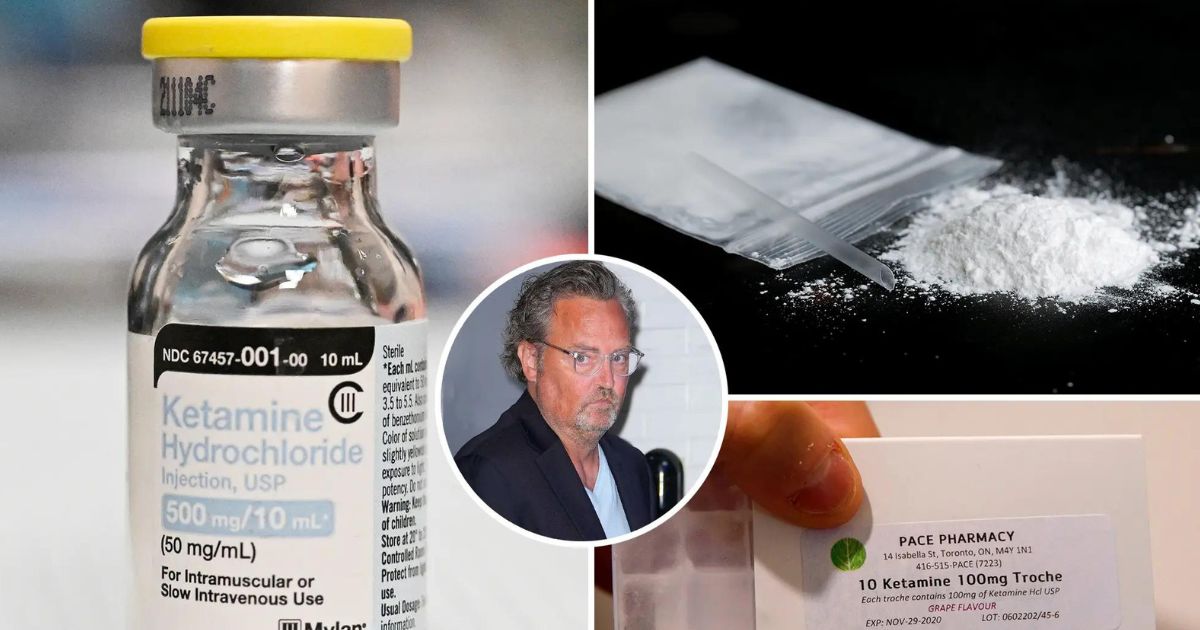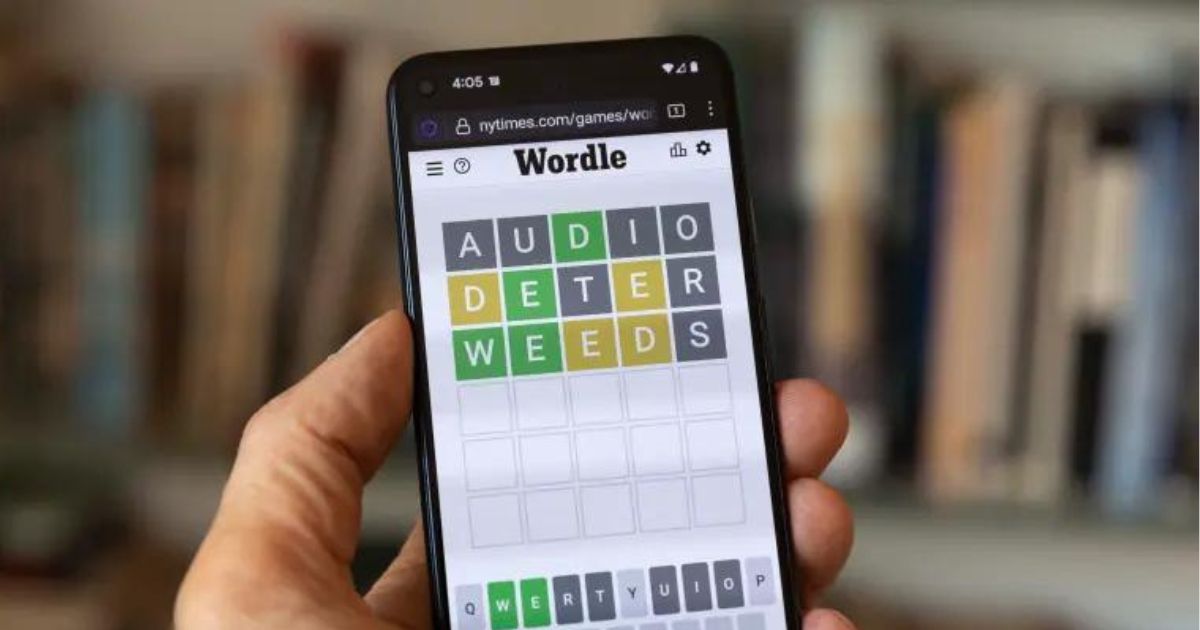In the aftermath of Matthew Perry’s untimely death, with the cause attributed to the “acute effects of ketamine,” medical experts are addressing common misconceptions surrounding the powerful drug.
Perry’s autopsy revealed a combination of factors contributing to his demise, including “coronary artery disease,” “buprenorphine effects,” and the presence of “prescription medications and loose pills” at his residence.
Truths and Myths of Ketamine
Initially recognized for its role as an anesthetic during surgical procedures, ketamine has evolved in recent years as a potential remedy for treatment-resistant depression.
The Alcohol and Drug Foundation categorizes ketamine as a “dissociative drug,” capable of inducing a sense of detachment from the body or physical surroundings. While also used recreationally, experts stress that ketamine is generally safe when used as prescribed.
According to Lewis Nelson, Chair of the Department of Emergency Medicine at Rutgers New Jersey Medical School, the concentration of ketamine found in Perry’s blood was enough to cause loss of consciousness, leading to the tragic outcome. Notably, ketamine typically doesn’t cause death from cardiac or respiratory effects but can result in associated injuries.
Dispelling the Top 5 Myths of Ketamine
Myth 1: Ketamine is a New Treatment
Contrary to popular belief, ketamine has been utilized for over a decade in treating depression, post-traumatic stress disorder (PTSD), and pain. FDA approval dates back to 1970 for both human and animal anesthesia. Successful clinical trials prompted the FDA to approve ketamine as a medication for treatment-resistant depression in 2019.
Myth 2: Ketamine is Powerfully Addictive
While legally recognized as having the potential for abuse and dependence, experts like Bankole Johnson, CEO of Casa Privée, deem ketamine only moderately addictive. Ketamine’s potential for behavioral or psychological dependence is acknowledged, but physical dependence is typically mild to moderate.
Myth 3: Ketamine Can be Self-Prescribed and Purchased Online
Experts emphasize that ketamine should only be obtained and administered by licensed medical professionals. Self-diagnosis is discouraged, and those considering ketamine treatment are advised to consult a doctor to ensure proper diagnosis and administration.
Myth 4: Intranasal or Micro-Dosing is Safe for Recreational Use
Despite perceptions that smaller doses of ketamine may be safer, experts caution against self-administration due to the risk of exceeding safe limits. Intranasal use may lead to more aggressive drug-seeking behavior and potential complications not present in a monitored medical setting.
Myth 5: It’s Hard to Kick the Habit
Experts contend that weaning off ketamine is generally not challenging due to its short half-life. Gradual dose titrations are recommended for both starting and stopping the medication, ensuring a safe and controlled transition.
Potential Dangers and Guidelines
While ketamine has shown promise in various therapeutic applications, it can pose dangers, especially when abused or mixed with other substances. Experts warn against the risks of developing dependence, potential adverse effects when mixed with other drugs, and the importance of proper diagnosis and administration.
In the wake of Matthew Perry’s tragic incident, the American Society Of Ketamine Physicians, Psychotherapists and Practitioners (ASKP3) has announced plans to publish guidelines for the safe use of ketamine, particularly for at-home use.
The organization underscores the importance of a specific patient profile, a close relationship with a physician, and in-office follow-up for those considering at-home ketamine use.
It remains crucial for individuals to differentiate between the various uses of ketamine, understanding that its application for anesthesia, depression treatment, and abuse involves distinct dosages and frequencies. As discussions around ketamine continue, the focus shifts toward fostering awareness, education, and responsible usage of this potent drug.








Leave a Reply
You must be logged in to post a comment.